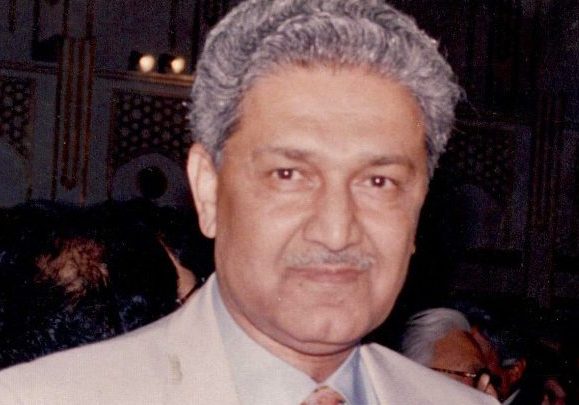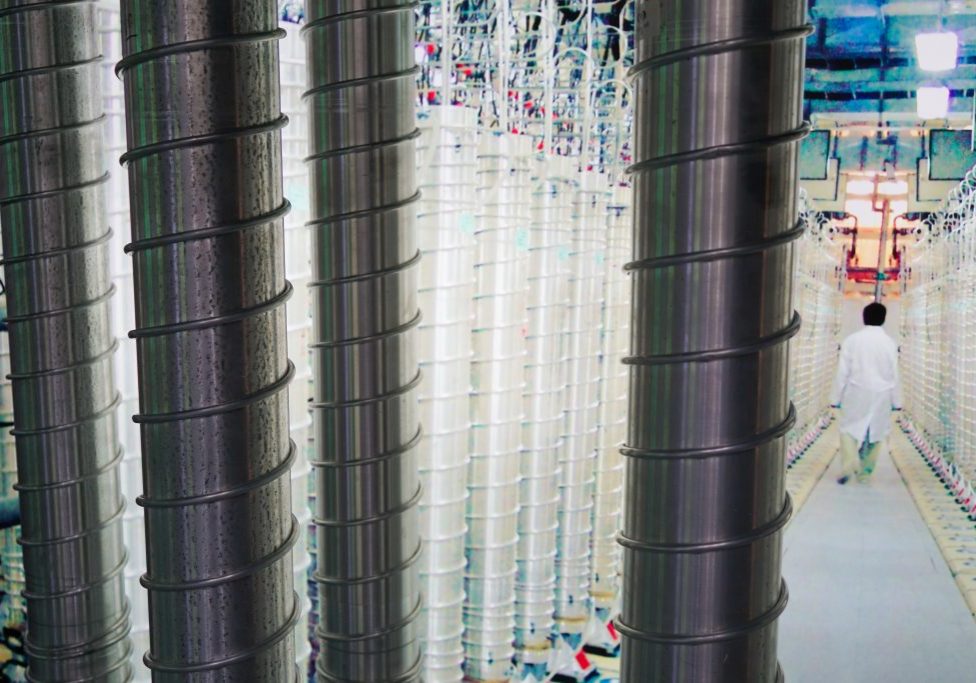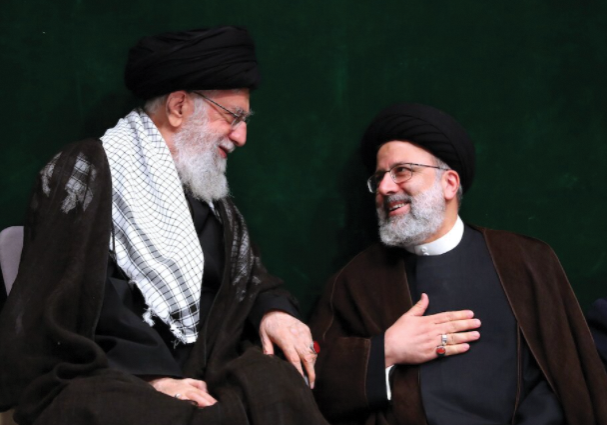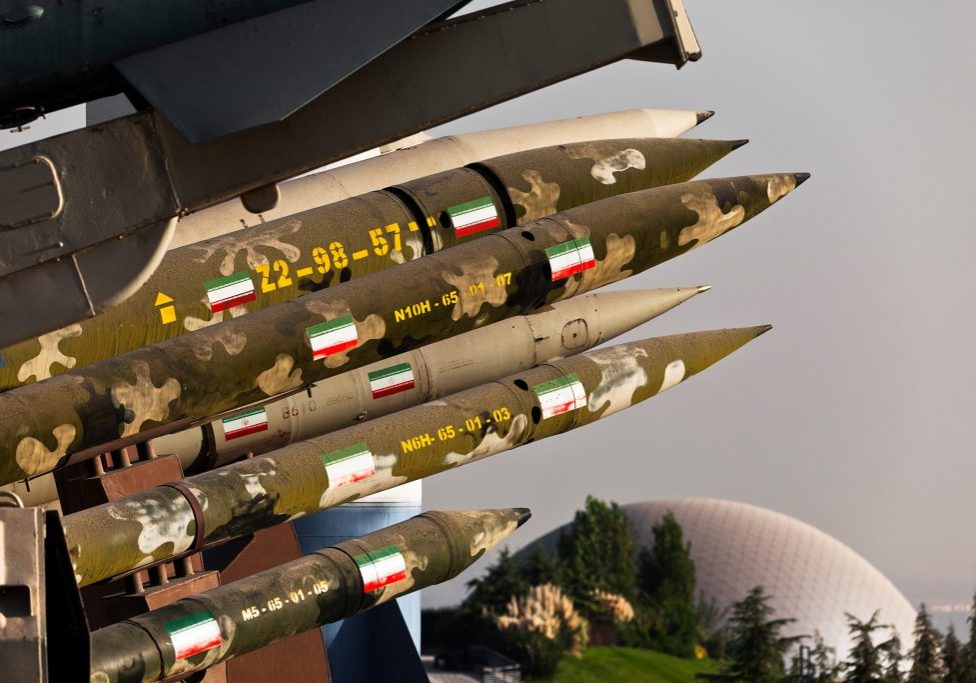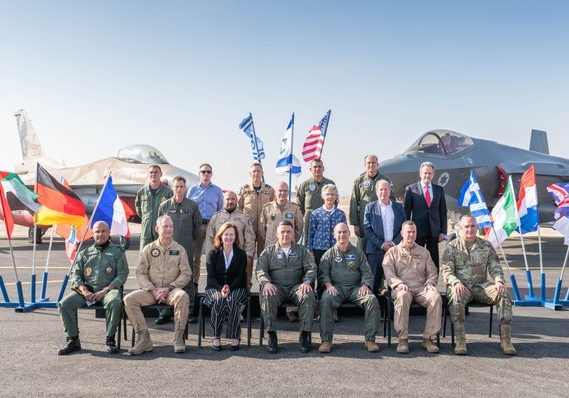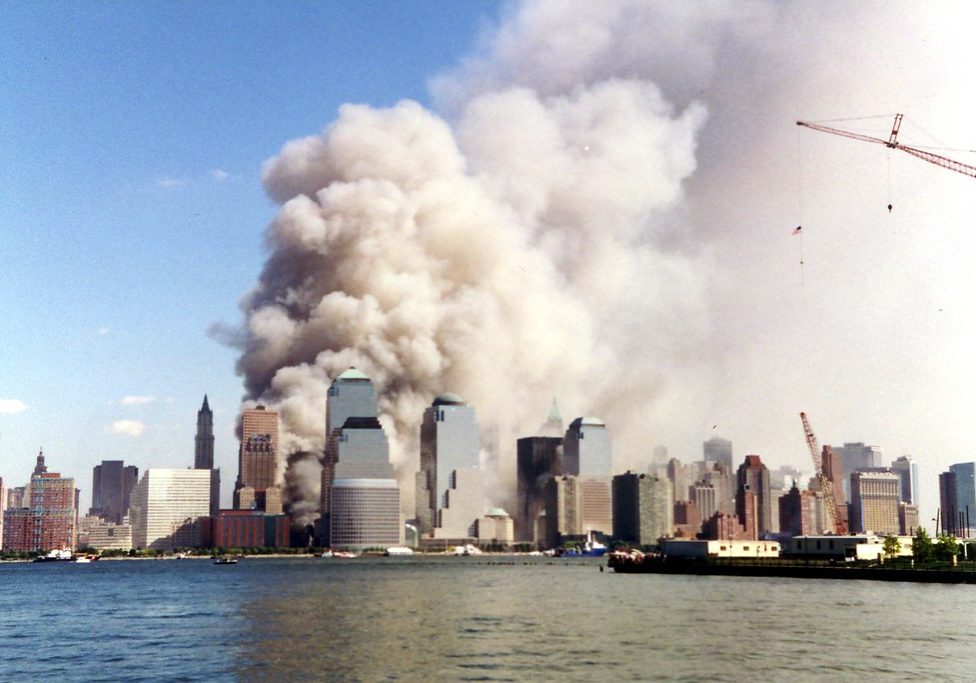Australia/Israel Review
Editorial: What Needs to be Done
Nov 28, 2011 | Colin Rubenstein
Colin Rubenstein
Speaking to CNN recently, Israel’s Defence Minister Ehud Barak posed a terrifying scenario:
“Who would have come to rescue Kuwait when it was taken by Saddam Hussein 20 years ago, if Saddam could have said credibly enough that he has three or four crude nuclear devices?”
The answer of course, is that no one would have acted. In all likelihood, Iraq would still be in control of Kuwait and all its oil wealth today and Saddam would still likely be in power.
Moreover, Saudi Arabia and the Gulf states would have been overawed and Iraq could have dominated OPEC and the global petroleum market. Arab nationalists everywhere would have seen in Saddam, as he successfully challenged the US, the man who at last could restore Arab honour and dignity, and unite the Arab world. A nuclear-armed Iraq would have been free to support pro-Iraqi nationalist revolutionaries across the Middle East, militarily if necessary, safe behind their nuclear shield. War, terrorism, WMD proliferation, and devastation would have likely affected much of the region, and had multiple, disastrous economic and security consequences throughout the world.
It almost happened. Most estimates are that Iraq was only one to two years away from nuclear weapons capabilities when the invasion of Kuwait took place in 1990.
Meanwhile, Saddam Hussein and Libya’s Muammar Gaddafi (who relinquished his nuclear arms program) were both overthrown thanks to Western military intervention, while nuclear-armed rogue states like North Korea appear to be safe from any such foreign interference.
Iran’s clerical leaders are well aware of these precedents as they race to build nuclear weapons and become both invulnerable to military intervention and positioned to dominate the region in the name of both their religious ideology and Persian nationalism.
The International Atomic Energy Agency (IAEA) report released in November provides chapter and verse evidence that Iran has been testing numerous nuclear bomb components that have little or no civilian uses, and focussing its advanced missile development work specifically on nuclear warheads. Today, anyone who continues to deny that Iran is looking to develop nuclear weapons, and soon, is deliberately ignoring the evidence.
So what happens if a nuclear Iran, whose leaders have publicly claimed that the small Gulf state of Bahrain is rightfully a “province of Iran” just as Saddam Hussein once proclaimed Kuwait was the “19th province of Iraq,” invades Bahrain?
As in Barak’s Iraq hypothetical, no one could stop it – only the aftermath would be even worse. Iran, already benefitting from proxies and allies across the region and riding high and able to act with impunity, would likely become the model for the remaking of the region triggered by the Arab Spring. In order to prevent the nightmare of a resurgent Persian Empire, Iran’s regional rivals would feel compelled to attain the same capabilities.The Saudis have already indicated that they have plans to obtain a nuclear arsenal (probably from Pakistan) the moment Iran tests its first nuclear warhead. It would be surprising if the other powerful regional players – like Egypt, Turkey, Algeria and the Gulf Emirates – did not also follow suit. This Middle East arms race would destroy every non-proliferation effort that the world has known and would pose the greatest threat of nuclear conflict the world has yet seen.
Moreover, unlike Iraq, or the Soviet Union during the Cold War, Iran is a theological state founded on a religious ideology. This includes a vision of the end of days which will follow a catastrophic apocalypse, as well as a belief system that both promises Iran’s leaders protection by God if they pursue a “righteous” path, and places a high value on martyrdom. This does not mean that Iran will necessarily use its nuclear capabilities to bring about such a catastrophe, but it makes this more likely – too likely to risk in the hope that deterrence or containment will be effective.
And the Iranian regime is divided, unstable and unpopular, with a struggle occurring between three sources of power: the clerical Supreme Leader, the President and the Revolutionary Guard Corps (IRGC). The IAEA report fingered the IRGC – a body replete with radical true believers whose function includes training terrorist groups around the world – as the organisation principally responsible for the nuclear program. The Iranian regime could fall through an internal power struggle or in one of the popular uprisings that they have so far succeeded in quelling. What would then prevent a renegade group from the IRGC using the nuclear arsenal or providing it to its terrorist allies?
There is no easy way to stop or delay Iran’s nuclear program and some of the options are indeed risky and dangerous. But it is still not too late to hope the issue can be resolved without a choice between the catastrophe of a nuclear Iran or the grave risks of an Israeli or American military strike on Iran’s nuclear infrastructure. But this possibility only exists with the immediate implementation of the most severe sanctions possible, genuinely threatening Iran’s clerical rulers’ ability to hang on to power, and backed up by a credible threat of military action. Moreover, the sanctions will have to be implemented outside the UN framework, given determined Russian and Chinese obstructionism in the UN Security Council.
On November 21, French President Nicholas Sarkozy outlined the sort of sanctions needed: “willing countries” including the EU, US, Canada, Japan and Australia must “immediately freeze the assets of Iran’s central bank,” which would largely prevent Iran from operating on the world market, and suspend purchases of Iranian oil.
Global leaders mostly know what needs to be done. They have a very short window in which to do it. Failure to execute the required measures in the very near future is to condemn the world to a choice between the certainty of terrible consequences and very grave risks.
Tags: International Security

